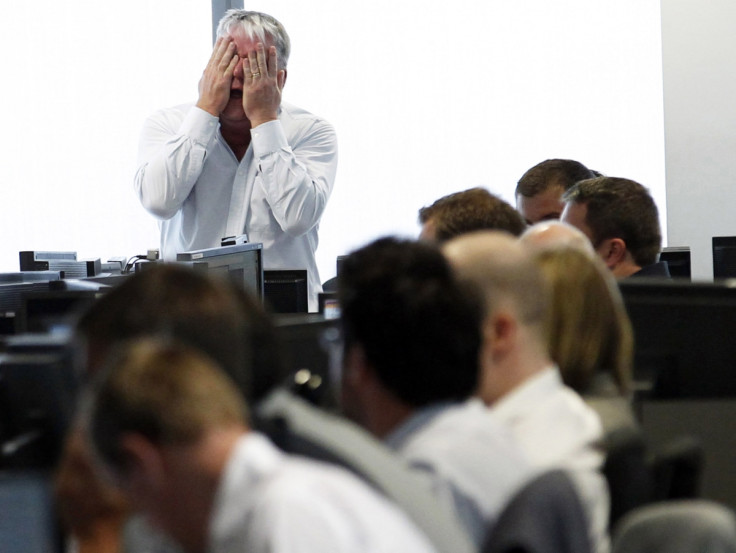Former Goldman Sachs Trader: Bankers Less Likely to Take Dangerous Decisions Due to Stress

City of London traders may take less dangerous decisions due to long-term stress as high levels of stress hormone cortisol can induce risk aversion, says a new study led by a former city trader.
The report, published in the Proceedings of the National Academy of Sciences (PNAS) journal, shows that financial markets may be more vulnerable to traders' stress levels than previously thought.
Led by former Goldman Sachs and Deutsche Bank derivatives trader turned neuroscientist Dr John Coates, the study suggests a tendency towards caution could be an "under-appreciated" cause of market instability.
"Any trader knows that their body is taken on a roller coaster ride by the markets," Coates explained.
"What we haven't known until this study was that these physiological changes - the sub-clinical levels of stress of which we are only dimly aware - are actually altering our ability to take risks."
He added: "It's frightening to realise that no one in the financial world - not the traders, not the risk managers, not the central bankers - knows that these subterranean shifts in risk appetite are taking place."
Coates' team from the University of Cambridge, who investigated traders in London, discovered that cortisol levels rose by a whopping 68% over a two week period when market volatility increased.
The academics found that initial spikes in cortisol had little effect on behaviour.
But chronically high and sustained levels of cortisol, led to a dramatic drop in willingness to take risks, with the "risk premium" - the amount of extra risk someone will tolerate for the possibility of higher return - falling by 44%.
© Copyright IBTimes 2025. All rights reserved.






















